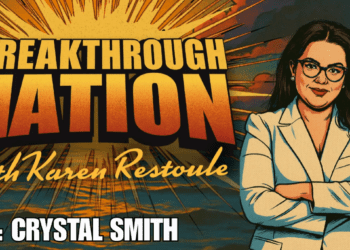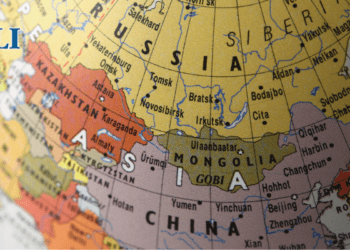 Study after study ranks Canadian health care below most other OECD countries. Only fear prevents us from improving our system, writes Shawn Whatley.
Study after study ranks Canadian health care below most other OECD countries. Only fear prevents us from improving our system, writes Shawn Whatley.
By Shawn Whatley, July 2, 2019
Universal health care made the top of a list of things identified as a very important source of personal or collective Canadian pride in a new survey.
Commissioned by the Association for Canadian Studies, the online survey shows that 73 percent of Canadians found personal or collective pride in universal health care, 70 percent in the Canadian passport, 67 percent in the Canadian flag, and 65 percent found pride in the Charter of Rights and Freedoms.
The national anthem and the Armed Forces also won more than 50 percent support, while historical events ranked much lower. The 1867 Confederation Agreements won only 37 percent support and the Monarchy 15 percent. But without the British North America Act, Canada and universal health care would not exist. Something different than Canada would exist instead.
Misplaced Pride?
The fact is that only 4 percent of Canadians need an acute care hospital bed in any given year. Most people never experience health care beyond twisted ankles and prescription refills.
For most, waiting for care means a few hours in a clinic or lab. Vulnerable patients who wait two years or longer, with pain and disability, represent a much smaller cohort. They are older with less to lose financially through waiting, and more gratitude for any care they get.
Study after study ranks Canadian health care below most other OECD countries. We outperform many poor, undeveloped nations, but this is surely not a cause for pride.
Given all that we spend, Canadian universal health care is an embarrassment for the thousands of patients we leave in hallways or who suffer permanent disability from egregious wait times.
Medicare in the 1970s gave Canadians a legitimate reason to be proud. We had far more hospital beds than we needed and fewer sick people who needed them. Government poured money into Medicare between 1968 and 1976 to make the program stick.
But in 1977, Prime Minister Pierre Trudeau grounded the gravy train.
The Established Programs Financing Act (1977) stopped the federal blank cheques that used to cover 50 percent of whatever the provinces felt like spending. The Feds would only hand out block grants in the future.
Growth and bloat from provincial election promises were now the responsibility of the provincial politicians who campaigned on those promises in the first place.
Having run out of other people’s money, the provinces cut services, closed beds, and slashed payments to doctors and nurses. The dream ended, replaced with a painful reality.
The provincial insurance system that birthed Medicare in the early 1970s is nothing like the centrally controlled, rationed, managed care entitlement program that politicians play football with today.
But the afterglow remains. Canadians still vote for Medicare. Former health minister Jane Philpott said, “It’s a myth that Canada has the best health care system in the world,” and there are some other politicians who admit that too, but most stay silent. Homage wins more votes than honesty.
Real Pride
Our 50-year experiment with single-payer, government-run universal health care makes Canada a world expert on wait times. All this evidence should make an irrefutable case for substantive change.
Canada could have universal health care without having government-run health care. That means every single Canadian—rich or poor, young or old—could get care without resorting to a government-run system.
We can also have first dollar coverage (no cash for care) without government controlling the whole system, if that’s what Canadians wanted.
We could even have a government-run, tax-funded, single-payer path for some kinds of care that ran alongside a more liberal system offering choice. Again, choice does not have to mean cash payment. We could easily offer multiple insurance options that give every single Canadian a choice, including subsidized premiums for those who can’t afford to pay personally for any of the options.
There are so many ways to offer universal health care. Only fear prevents us from improving our system—fear sold by ideologues, collectivists, and all the rent-seekers who currently get fat at the single-payer trough.
This latest survey from the Association for Canadian Studies shows that we need to get much more honest about Medicare. Our most vulnerable Canadians deserve better. Let’s build them something to be truly proud of again.
Shawn Whatley is a physician, past president of the Ontario Medical Association, a blogger at ShawnWhatley.com, and a Munk Senior Fellow with the Macdonald-Laurier Institute. He is the author of “No More Lethal Waits,” a guide to reducing wait times and increasing efficiency in hospital emergency departments.




